
Steven Duby and Joseph Minich on Divine Simplicity—'The Lord Is One: Reclaiming Divine Simplicity'
Alastair RobertsSteven Duby and Joseph Minich on Divine Simplicity—'The Lord Is One: Reclaiming Divine Simplicity'

Steven Duby and Joseph Minich recently joined me to discuss 'The Lord Is One: Reclaiming Divine Simplicity', a book to which they both contribute essays, which has just been published by the Davenant Press. Steven Duby, associate professor of theology at Grand Canyon University, is also the author of 'Divine Simplicity: A Dogmatic Account' and 'God in Himself: Scripture, Metaphysics, and the Task of Christian Theology', which was published last week.
You can buy the books here (ads):
'The Lord Is One: Reclaiming Divine Simplicity' - https://amzn.to/2MYUCg0
'Divine Simplicity: A Dogmatic Account' - https://amzn.to/2FnZfvZ
'God in Himself: Scripture, Metaphysics, and the Task of Christian Theology' - https://amzn.to/36rGtiY
If you have any questions or feedback, please send them to me on Curious Cat: https://curiouscat.me/zugzwanged.
If you have enjoyed my output, please tell your friends. If you are interested in supporting my videos and podcasts and my research more generally, please consider supporting my work on Patreon (https://www.patreon.com/zugzwanged), using my PayPal account (https://bit.ly/2RLaUcB), or by buying books for my research on Amazon (https://www.amazon.co.uk/hz/wishlist/ls/36WVSWCK4X33O?ref_=wl_share).
The audio of all of my videos is available on my Soundcloud account: https://soundcloud.com/alastairadversaria. You can also listen to the audio of these episodes on iTunes: https://itunes.apple.com/gb/podcast/alastairs-adversaria/id1416351035?mt=2.
More From Alastair Roberts
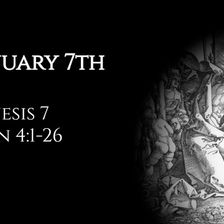
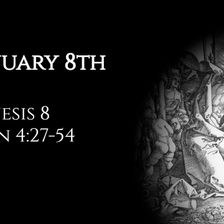
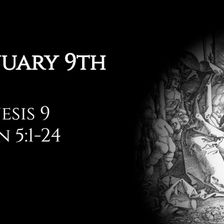
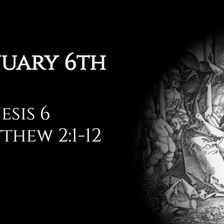

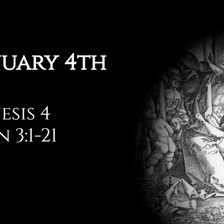
More on OpenTheo














